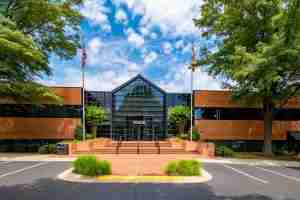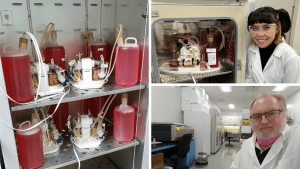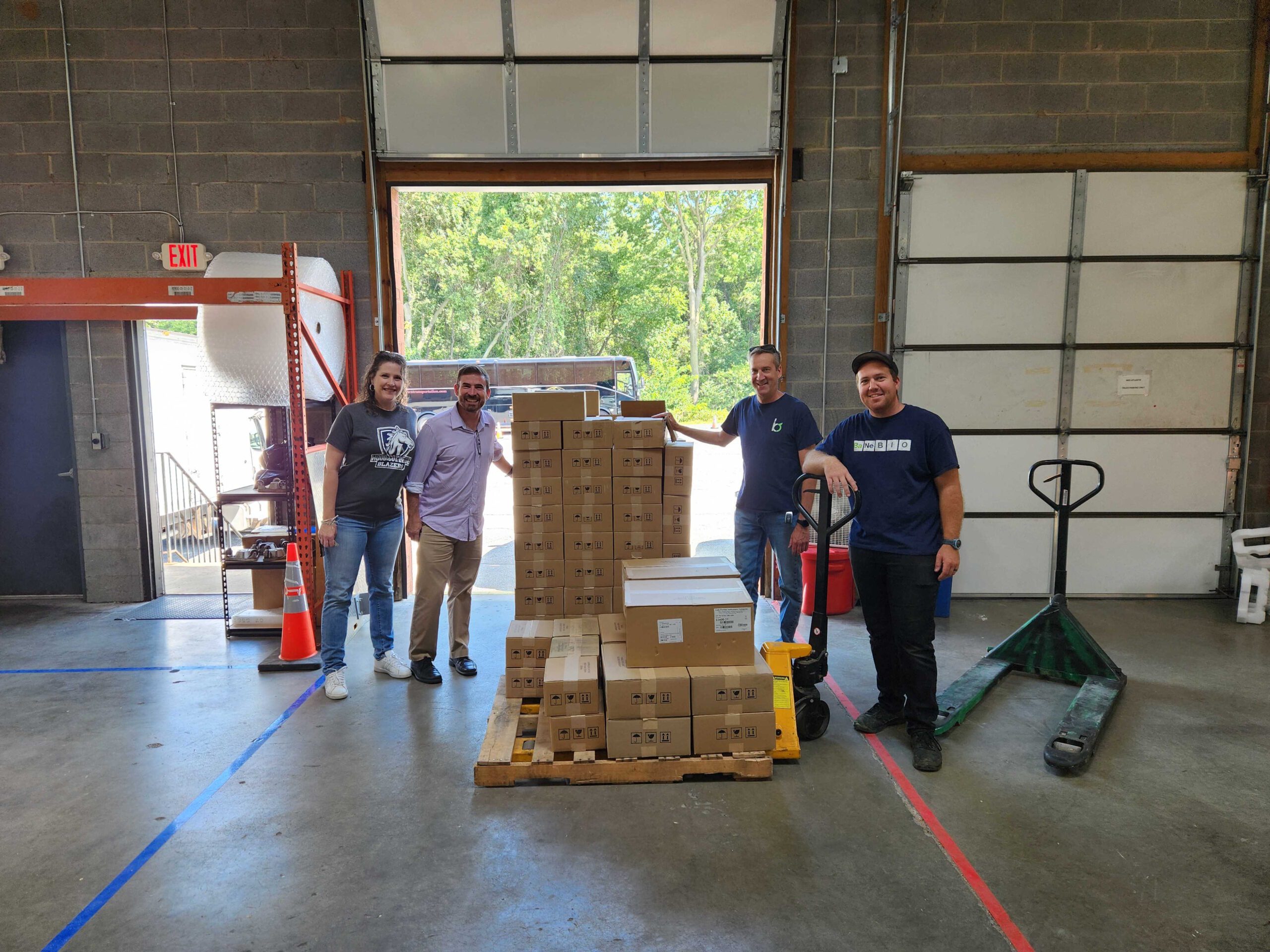
BaneBio: Empowering Future Scientists Through Generous Donations
BaneBio, led by Doug Bane, recently donated $90,000 worth of laboratory equipment to local schools, including Hood College, FCC, Mount St. Mary’s University, and FCPS. This donation aligns with BaneBio’s mission of sustainability and affordability by repurposing high-quality pre-owned lab equipment. The initiative supports STEM education and highlights BaneBio’s commitment to fostering future scientists and sustainable practices in Frederick County.
By Deeksha Surisetty | October 2, 2024
| BioBuzz has been connecting the life science workforce since 2009. We’ve built an expansive community in the Mid-Atlantic with a national readership that spans from Massachusettes to Florida, and New York to California. For our next chapter, we’re building a proprietary talent logistics model to help employers source and hire life science talent. Learn more. |
BaneBio, based in Frederick, Maryland, has become a key player in the biotech sector by providing high-quality pre-owned lab equipment. Founded by Doug Bane, who has over 30 years of experience in the industry, the company has grown significantly since its inception. Bane started his journey in 1990 with a small laboratory supply distributor and eventually launched BaneBio in 2015 after buying out his partners.
The company focuses on sustainability and affordability, repurposing equipment to prevent it from ending up in landfills. As Bane puts it, “landfill last” is their guiding principle. By repairing and reselling equipment with warranties, BaneBio ensures valuable resources are reused, supporting both the environment and budget-conscious institutions.
BaneBio is known for its extensive range of lab equipment, from PCR machines to -80C freezers, and its ability to source high-quality equipment from biotech companies that have closed their doors. This was highlighted during the first BioBuzz networking event of 2022, hosted at BaneBio’s Frederick facility. Over 60 attendees from the BioHealth Capital Region gathered to tour the facilities and learn about BaneBio’s vast inventory, all while enjoying refreshments from a repurposed centrifuge-turned-beer-cooler.
Significant Donation to Local Schools
“We had 8 pallets worth of equipment, brand new hot plate stirrers still in their boxes, and it just didn’t feel right to let them go to waste,” Bane explained. “These tools can significantly impact the educational experience for students, giving them hands-on opportunities to learn and explore.”
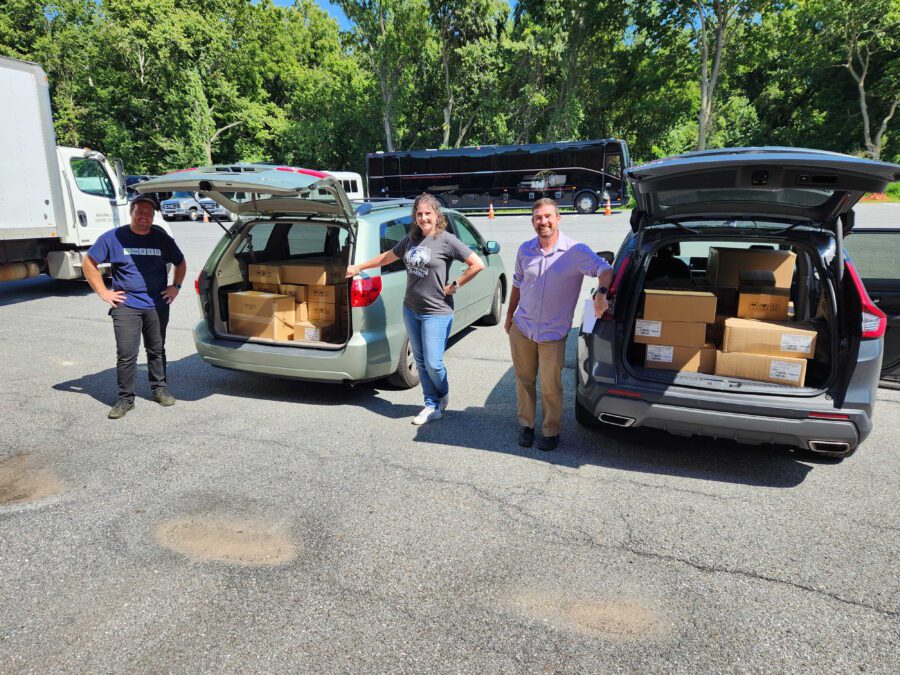
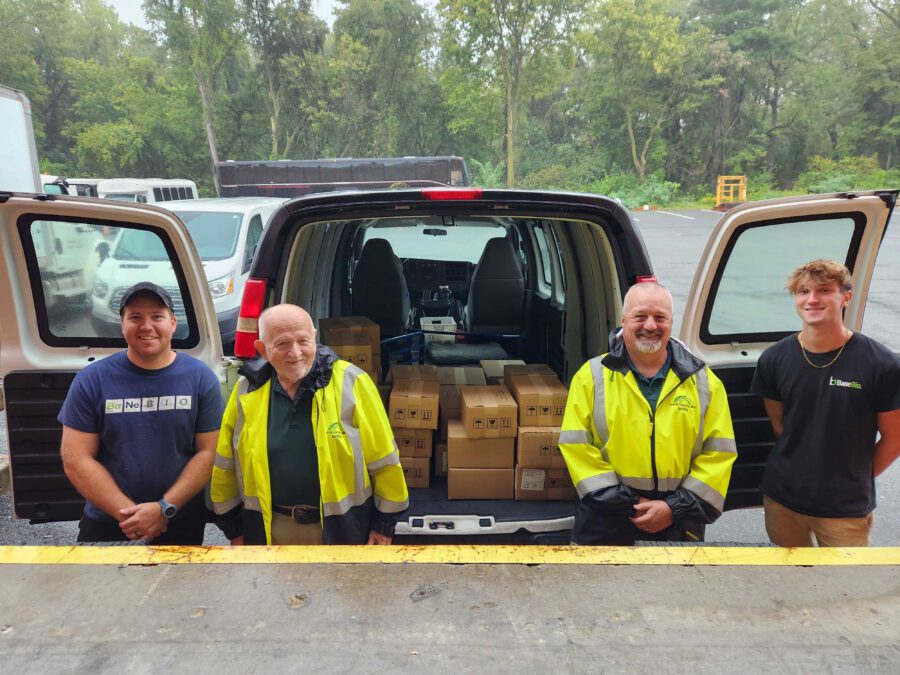
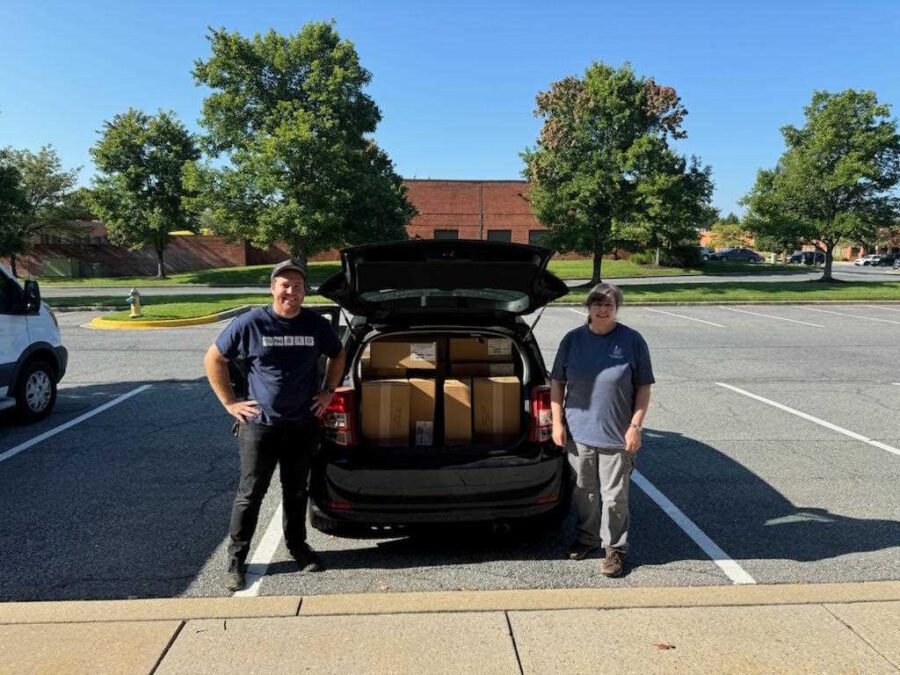
Bane’s initiatives allow institutions like Hood College, FCC, and Mount St. Mary’s University to provide more stable and consistent lab experiences. (SOURCE: BioBuzz)
In a notable effort to support local education, BaneBio recently donated around $90,000 worth of equipment to several schools, including Hood College, Frederick Community College (FCC), Mount St. Mary’s University, and Frederick County Public Schools (FCPS). This donation, which includes 300 brand-new hot plate stirrers, marks the first time BaneBio has donated on such a large scale.
Christine McCauslin, Dean of Mount St. Mary’s Univeristy, expressed her gratitude, stating, “Your support plays a crucial role in advancing our mission of providing quality education and fostering a spirit of service. These donations allow us to expand our lab capabilities and give our students the resources they need to succeed in their studies.” Frederick County Public Schools will also benefit, with the equipment enhancing STEM curricula across middle and high schools.
Looking Ahead: Sustainability and Community Impact
“Our goal has always been to repurpose and reuse equipment as much as possible,” he explained. “Just because an item is no longer needed by one entity doesn’t mean it can’t be of great use to another. This donation is a perfect example of how we can support education and sustainability simultaneously.”
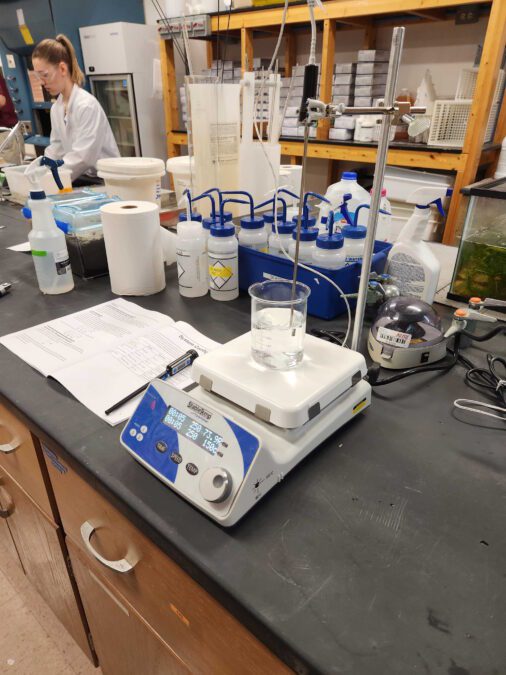
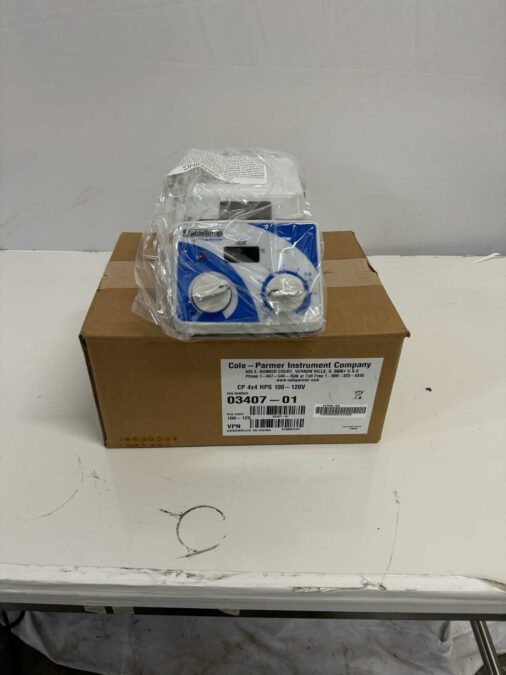
Bane’s commitment to sustainability and education shines through in his business approach.
BaneBio plans to continue its mission of sustainability and community support. Their efforts not only reduce waste but also provide critical resources to educational institutions shaping future scientists and innovators.
“Our business model focuses on sustainability while also addressing the financial constraints of our clients,” Bane noted. “We hope to inspire other companies to consider similar approaches. It’s not just about making a profit; it’s about making a difference.”
BaneBio’s recent donation highlights its commitment to sustainability, education, and community engagement. By repurposing valuable equipment and redirecting it to where it can make the most impact, BaneBio is supporting current educational needs and investing in the future of science and technology in Frederick County. This initiative sets a precedent for how businesses can foster educational growth and sustainability, creating a lasting impact on the community.





